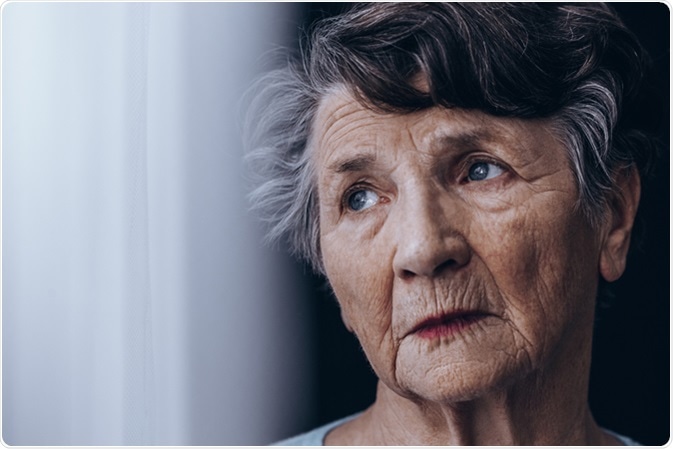Launching 1st March 2023. Also check out: https://www.thailandmedical.news/
An ongoing state of mental health of a person which is caused due to a feeling of instant anxiety or fear of activities or situations in which he believes that others are watching and judging him is referred to as social anxiety disorder. It is an extreme fear that does not go away and affects everyday activities, relationships, self-confidence, and work.

Social anxiety symptoms can be overcome and the condition may dissipate if treatment is given in an appropriate manner. Overcoming social anxiety is possible when all the symptoms are alleviated.
When an individual suffers from social phobia, he may realize that the fear is out of proportion to the situation. Such a person will be intensely worried on his own behaviors and reactions to social situations that the worry itself can cause many of the symptoms of social anxiety disorder. A person who has the disorder shows the signs and symptoms physically, emotionally, and in behaviorally.
Physical signs basically relate to bodily signs that one can see, touch, or match with the laws of nature. Some of the physical signs and symptoms are given below:
Behavioral refers to the manner of behaving or acting, the action or reaction of a person in response to internal or external stimuli. Some of the behavioral signs and symptoms are:
People tend to get strong feelings when they experience emotional situations. Emotional persons show their feelings very openly, particularly when they are upset.
Traits are the distinguishing quality or characteristic of a person. Personality traits refer to the quality that belongs to a particular person. Some of the associated personality traits of the individual who have social phobia include:
Decreased self-esteem: An individual who has low self-esteem feels unworthy, incapable, and also incompetent. This kind of person always feels poorly about himself and the feelings actually cause the person to continue having a low self-esteem.
Negative self-talk: A person who has social phobia has the habit of self-talk, in which some individuals may only think of the negative side of themselves.
Hypersensitivity to criticism: Criticism means the disapproval of something on the basis of perceived faults. A person who has social anxiety disorder may not think deeply about why the other person has criticized him. Such people are hypersensitive to criticisms and negative comments.
Poor social skills: A person who has SAD will rarely involve in social activities and so, they are poor in interacting with people. They may not possess an easy social life.
The below-mentioned situations are enormously hard to face for a person who has social anxiety disorder:
People who have SAD are sometimes under-achievers at work due to their character of avoiding the attention of being promoted or having to participate in group tasks. In severe or long-term cases of social anxiety, the person may develop other psychological conditions, such as depression.